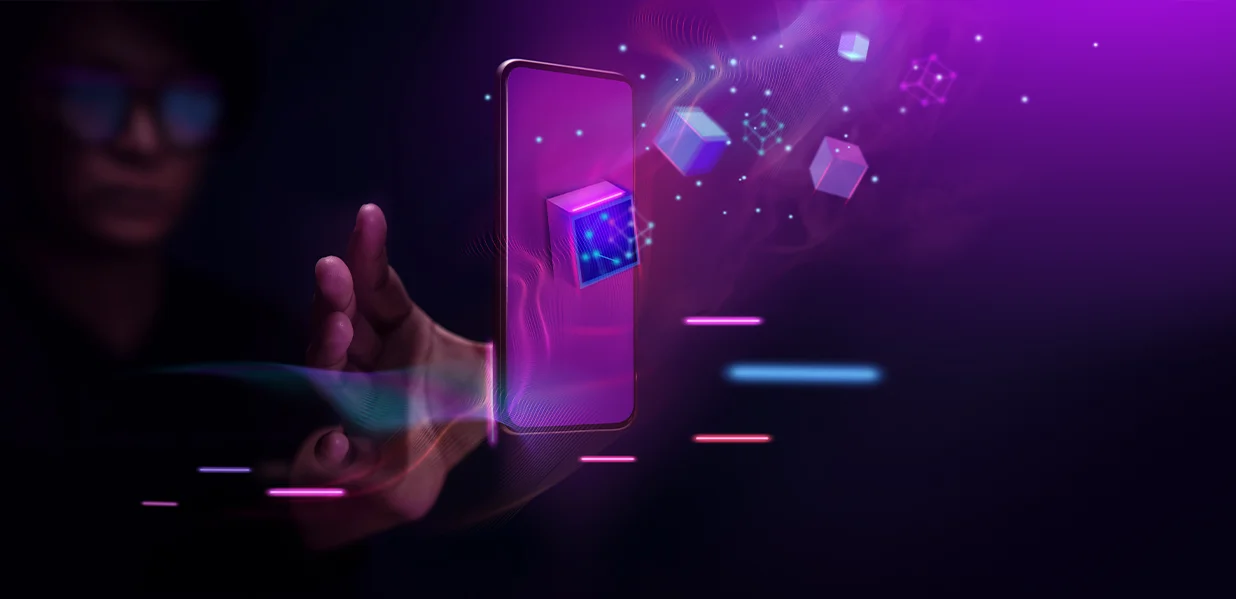Betsy Sutter has over three decades of experience in human resources, but nothing has prepared her for the widespread mental turmoil currently afflicting her colleagues.
As chief people officer for business software firm VMware, Sutter has the challenging job of helping manage over 30,000 employees amid a coronavirus pandemic, a major recession, and a national reckoning over racism. With so much to worry about, it’s no surprise that workers are experiencing an unprecedented mental health crisis, experts say.
Just days after widespread protests over racism and police brutality kicked off throughout the U.S., Sutter sounds overwhelmed. VMware employees were already struggling with COVID-19 and ensuing requirements to work from home. “I can honestly say, I have never been this challenged, taxed, and emotional, as you figure out how to navigate this,” Sutter says. “I’m seeing people really crumble.”
Sutter isn’t alone.
Her peers at tech giants like Cisco and Hewlett Packard Enterprise feel similarly as the drip of distressing news and feelings of isolation drain employee morale and increase mental health problems. Cisco chief people officer Fran Katsoudas says the pandemic has “magnified” the need for frank discussions about mental health, frequently a taboo in the American workplace. “You have a high level of stress and you have people who are to an extent isolated from one another,” she says.
Understanding Black trauma
For Black employees, life can be particularly difficult these days. George Floyd’s death in Minneapolis police custody added to an already long list of African-Americans who have died at the hands of law enforcement, including Breonna Taylor, Stephon Clark, and Philando Castile, and a painful reminder of the many struggles fellow Black Americans face.
The current financial crisis, for one, is impacting Black workers more than their white colleagues. For example, a recent survey by Fortune and SurveyMonkey found that “Black adults are twice as likely to have been laid off or furloughed as white adults.”
Black Americans are also more likely to know someone who has died of COVID-19 than white Americans, according to research by the Non-partisan and Objective Research Organization, NORC, at the University of Chicago for the Data Foundation think tank.
Trey Boynton, Cisco’s global lead for inclusion, describes her feelings in recent weeks as a mixture of grief coupled with the “inability to express.” “We gather in times of grief,” says Boynton, who is Black, about the importance of funerals in the Black community. But restrictions on large crowds and fears of contracting the deadly virus mean that traditional places of gathering like churches are closed, causing isolation and loneliness.
Although Boynton is exhausted by the “the sheer overwhelmingness of the loss of life that was so unnecessary,” she doesn’t think she’s “ever heard our country talk about systemic racism” like now.
Michael Lopez, the chief diversity officer of Hewlett Packard Enterprise, says HPE “had to ensure that our Black and African-American team members felt heard and seen.” As part of that effort, HPE CEO Antonio Neri, who recently tested positive for COVID-19 but is doing well and is still working, has been on a virtual “listening tour” with Black employees.
While Lopez declines to comment about the specifics of those meetings, he says they highlighted the “importance of engaging the broader organization about having uncomfortable, or what I call courageous” discussions about race.
Healing from pain
HPE chief people officer Alan May says management has been trying to encourage employees to take care of their mental health. Managers have been undergoing training to spot warning signals so they can urge employees to access mental benefits. “We are encouraging our leaders to connect with every one of our employees every week—not about work, but to see how they are doing,” May says.
He adds that HPE is providing free accounts to the Headspace meditation app, which can be helpful to unload stress. Around 9,000 employees signed up for the app in the span of a month, May says, underscoring how workers are in need of relaxation.
Cathleen Swody, an organizational psychologist and founding partner of executive coaching firm Thrive Leadership, says meditation apps can be useful for newbie meditators. The apps can also be used to help practice mindfulness, the idea of being in the present moment while acknowledging but not giving into thoughts or physical sensations. “The point of mindfulness is to get into the present—to not worry about the past, which tends to be a depressive, or worry about the future, which tends to produce more symptoms of anxiety,” Swody says.
Meanwhile, Cisco has been holding video calls for employees, some of which have involved doctors answering basic questions about COVID-19 that may help alleviate some employee anxiety about the virus. As May explains, these kinds of virtual meetings can help compensate for the fact that “there are no social gatherings for people to grieve.”
Financial distress
Adding to employee nervousness is the financial crisis, which has led to massive layoffs. Many workers who still have jobs are worried about being fired, which makes health insurance more difficult to afford and therefore increases the risk that people will lose access to mental health treatment.
In early 2020, before COVID-19 hit, VMware laid off an unspecified number of workers. For some of them, VMware was able to “extend health insurance coverage,” which came in handy for some who were laid-off and who were still unemployed during the surge in coronavirus this spring. Sutter says VMware would offer flexible choices to laid-off workers to help them through difficult times.
In general, executives interviewed spoke of the need to provide a safe place for workers to discuss their lives and stresses—and not just during the current period of difficulty. Cisco, for instance, has encouraged employees to take their mental health issues seriously for several years, Katsoudas says. For instance, two years ago, after the suicide of celebrity chef and author Anthony Bourdain, Cisco CEO Chuck Robbins sent an email to workers about the seriousness of mental health. “What was so amazing about that was our employees responded to Chuck’s email by telling their own stories,” Katsoudas said.
As the pandemic continues, and the push for racial justice grows, employees will likely have more stories to share about mental health.
More must-read tech coverage from Fortune:
This story was originally featured on Fortune.com








